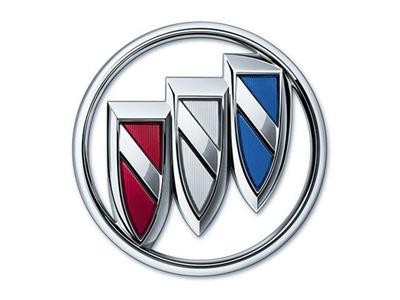


In the ever-evolving world of the automotive industry, some car companies have failed to keep up with the rapidly changing market trends and consumer demands. These struggling brands, often referred to as "dead brands walking," face significant challenges in maintaining their relevance and competitiveness in the industry. Let's take a closer look at some of these companies and explore the factors contributing to their decline.
pontiac, once a prominent name in the American automobile industry, is now considered a dead brand walking. Founded in 1926, pontiac gained popularity for its performance-oriented vehicles and innovative designs. However, over time, the brand failed to adapt to changing consumer preferences and market dynamics.
One of the main reasons behind pontiac's downfall was its lack of distinct identity. The brand struggled to differentiate itself from its parent company, General Motors (GM), and other GM-owned brands like chevrolet. This led to a decline in sales and ultimately resulted in the discontinuation of the pontiac brand in 2010.
saab, a Swedish automaker known for its quirky designs and advanced safety features, faced numerous financial challenges throughout its history. Despite its reputation for producing unique and innovative vehicles, saab struggled to achieve long-term profitability.
One of the main factors contributing to saab's decline was its tumultuous ownership changes. The brand changed hands multiple times, leading to inconsistent management and a lack of strategic direction. Additionally, saab faced stiff competition from other luxury car manufacturers, further exacerbating its financial troubles. In 2011, saab filed for bankruptcy and ceased production.
hummer, known for its rugged and powerful SUVs, faced significant backlash due to environmental concerns. As the demand for more fuel-efficient and environmentally-friendly vehicles increased, hummer's large and gas-guzzling SUVs fell out of favor with consumers.
High fuel prices and changing consumer attitudes towards sustainability further contributed to hummer's declining sales. Despite efforts to introduce more efficient models, such as the hummer H3, the brand struggled to overcome its negative image and eventually discontinued production in 2010.
saturn, a subsidiary of General Motors (GM), was initially launched in the 1980s as a "different kind of car company." saturn aimed to provide customers with a hassle-free buying experience and innovative, reliable vehicles.
However, saturn faced challenges in differentiating itself from other GM brands and failed to attract a loyal customer base. The brand also suffered from a lack of investment and outdated product lineup, making it difficult to compete with other mainstream automakers.
Despite attempts to revitalize the brand, including partnerships with other manufacturers, saturn's sales continued to decline. In 2009, GM announced the discontinuation of the saturn brand, marking the end of its journey in the automotive industry.
In the competitive automotive industry, brands that fail to adapt to changing market trends and consumer demands often find themselves facing significant challenges. Companies like pontiac, saab, hummer, and saturn were once notable players in the market but ultimately became dead brands walking due to various factors such as lack of differentiation, financial turmoil, environmental concerns, and outdated product offerings.
These examples serve as a reminder of the importance of innovation, strategic planning, and understanding consumer preferences to thrive in the ever-evolving automotive industry.